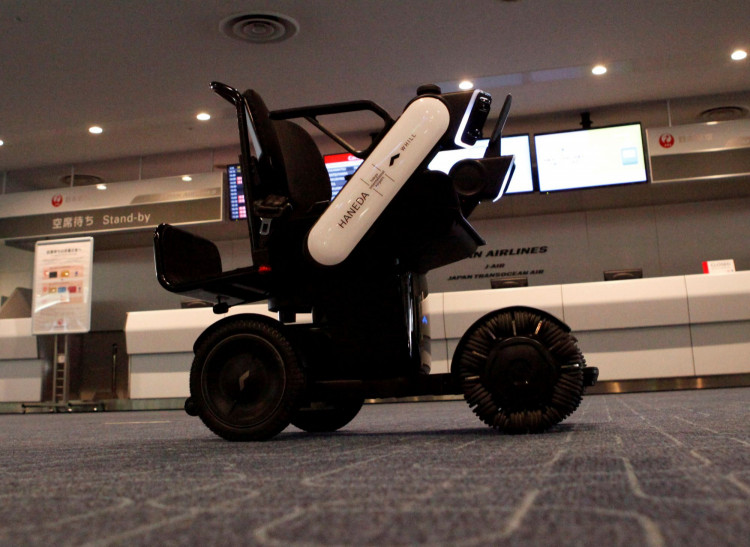Japan's second-quarter gross domestic product experienced its largest quarterly decline with a 27.8 percent fall in real terms.
In nominal terms Japan's economy contracted an annualized 26.4 percent and 7.4 percent on a quarterly basis. A Reuters poll of analysts predicted a 27.2 percent reduction. The decline erased all economic gains attributed to Prime Minister Abe Shinzo's "Abenomics" policy.
The contraction, blamed on COVID-19, reduced Japan's real GDP to 485 trillion yen ($4.57 trillion) in the second quarter. The latest numbers are the worst since the same quarter of 2011 after the economy had been stunted by two decades of deflation. There was a 17.8 percent fall in the first quarter of 2009 when Japan was in the grips of the Great Recession between 2007 and 2009.
Manufacturers' confidence fell in the second quarter to levels not seen since the Great Recession. The international pandemic has inflicted damage on the country's exporters.
The fall in GDP was "pretty severe," Economy Minister Yasutoshi Nishimura said. Private consumption, which accounts for 55 percent of the country's nominal GDP, fell a record 8.2 percent in the quarter as lockdowns kept consumers at home. The reduction was the steepest and surpassed a 4.8 percent fall in the second quarter of 2014.
The motor vehicle industry, normally a pillar of growth, continued to suffer. Sales of new vehicles fell 29 percent in April, 45 percent in May and 23 percent in June. International demand for cars and motor-vehicle parts shrunk.
Exports of goods and services - including spending by foreign tourists - declined 18.5 percent. But imports fell 0.5 percent only as purchases from China helped offset a decline in those from the U.S. and Europe.
Private capital expenditure fell 1.5 percent. Private residential investment slipped 0.2 percent as the pandemic increased uncertainty about the future.
"Demand for business investment is expected to fall due to worsening corporate profits and risk of the coronavirus spreading," Mizuho Research Institute Ltd. senior economist Saisuke Sakai said.
Many analysts forecast a GDP rebound of more than 10 percent in the third quarter in real terms as a result of the gradual resumption of economic activity. It may take some years for the economy to bounce back to prepandemic levels, they said.






